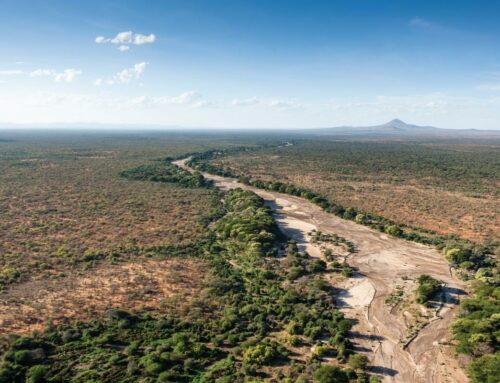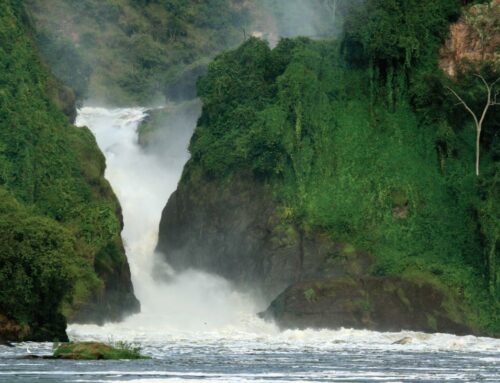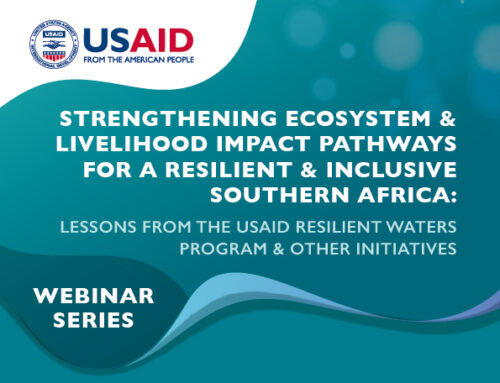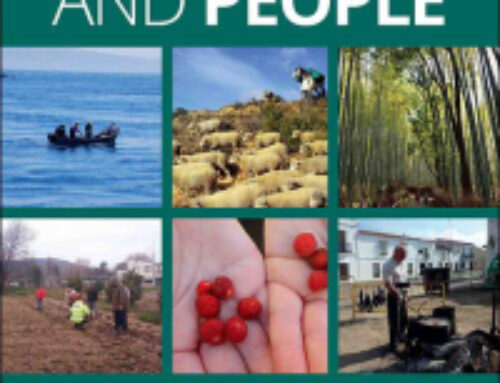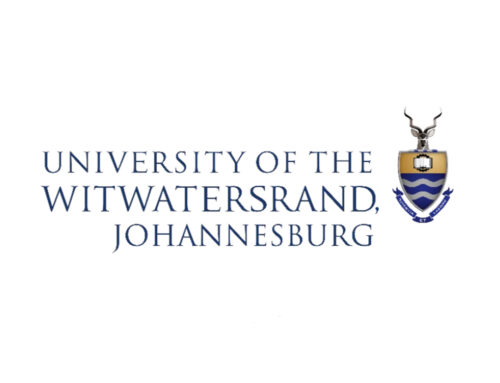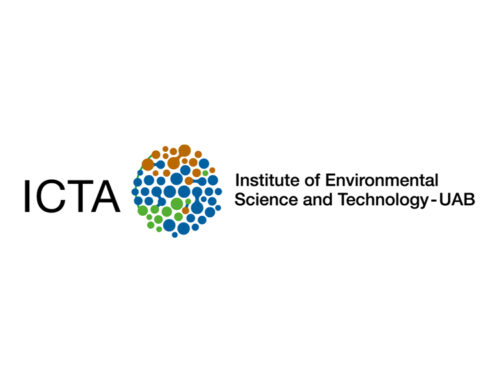Systems ranging from the brain and society to ecosystems and the climate can have tipping points where even minor perturbations can invoke a critical transition to a contrasting state. Mathematical theory suggests that the vicinity of a tipping point for such transitions may be inferred from generic features of fluctuations and spatial patterns. The PhD positions offered will elaborate this exciting new idea further, and search for ways to detect such early warning signals in data.
The work will be done in close collaboration with our highly interdisciplinary community of collaborators including mathematicians, climate scientists, medical specialists, social scientists and ecologists (Sparcs, https://www.sparcs-center.org/). The positions are part of an EU Innovative Training Network on critical transitions (CRITICS ITN) that involves training and exchange programs of PhDs between partners in the EU. You will get a temporary position of 4 years at Wageningen UR (www.aew.wur.nl) supervised by Egbert van Nes and Marten Scheffer.
Requirements
The successful candidate has received a MSc providing a basic insight in mathematics of dynamical systems and data analysis techniques. However, good communication skills and a profound curiosity for a broad range of sciences are also essential for this job. We are looking for truly exceptional candidates that preferably already wrote a scientific publication. Only candidates that did not live longer than 12 months in The Netherlands since September 2012 are eligible. See for general requirements for the PhD programme: https://www.wageningenur.nl/en/Education-Programmes/PhD-Programme.htm.
More information
A full-time appointment (1.0 fte, 38 hours/week) for a period of 18 months with extension of 30 months. Salary ranges from € 2125,- (gross) in the first year to € 2717,-(gross) in the fourth year based on full-time employment.
Egbert van Nes telephone number (+31) (0)317-482733
You can apply for this job till 22 August 2015.
Wageningen University & Research centre
Delivering a substantial contribution to the quality of life. That’s our focus – each and every day. Within our domain, healthy food and living environment, we search for answers to issues affecting society – such as sustainable food production, climate change and alternative energy. Of course, we don’t do this alone. Every day, 6,500 people work on ‘the quality of life’, turning ideas into reality, on a global scale.
Could you be one of these people? We give you the space you need.
For further information about working at Wageningen UR, take a look at https://www.wageningenur.nl/en/Jobs.htm.
The Aquatic Ecology and Water Quality Management group aims to generate novel insights that can help preserving and restoring marine and freshwater ecosystem services. We take a systems approach linking physical, chemical and biological processes across scales.







